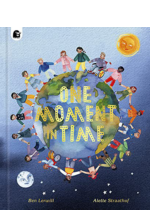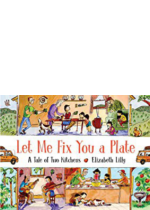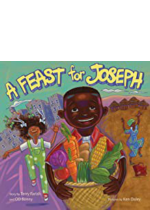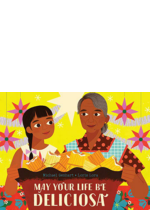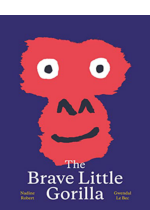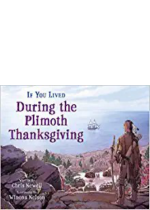
What if you lived in a different time and place? What would you wear? What would you eat? How would your daily life be different?
Scholastic’s If You Lived… series answers all of kids’ most important questions about events in American history. With a question and answer format, kid-friendly artwork, and engaging information, this series is the perfect partner for the classroom and for history-loving readers.
What if you lived when the English colonists and the Wampanoag people shared a feast at Plimoth? What would you have worn? What would you have eaten? What was the true story of the feast that we now know as the first Thanksgiving and how did it become a national holiday?
Chris Newell answers all these questions and more in this comprehensive dive into the feast at Plimoth and the history leading up to it. Carefully crafted to explore both sides of this historical event, this book is a great choice for Thanksgiving units, and for teaching children about this popular holiday.

